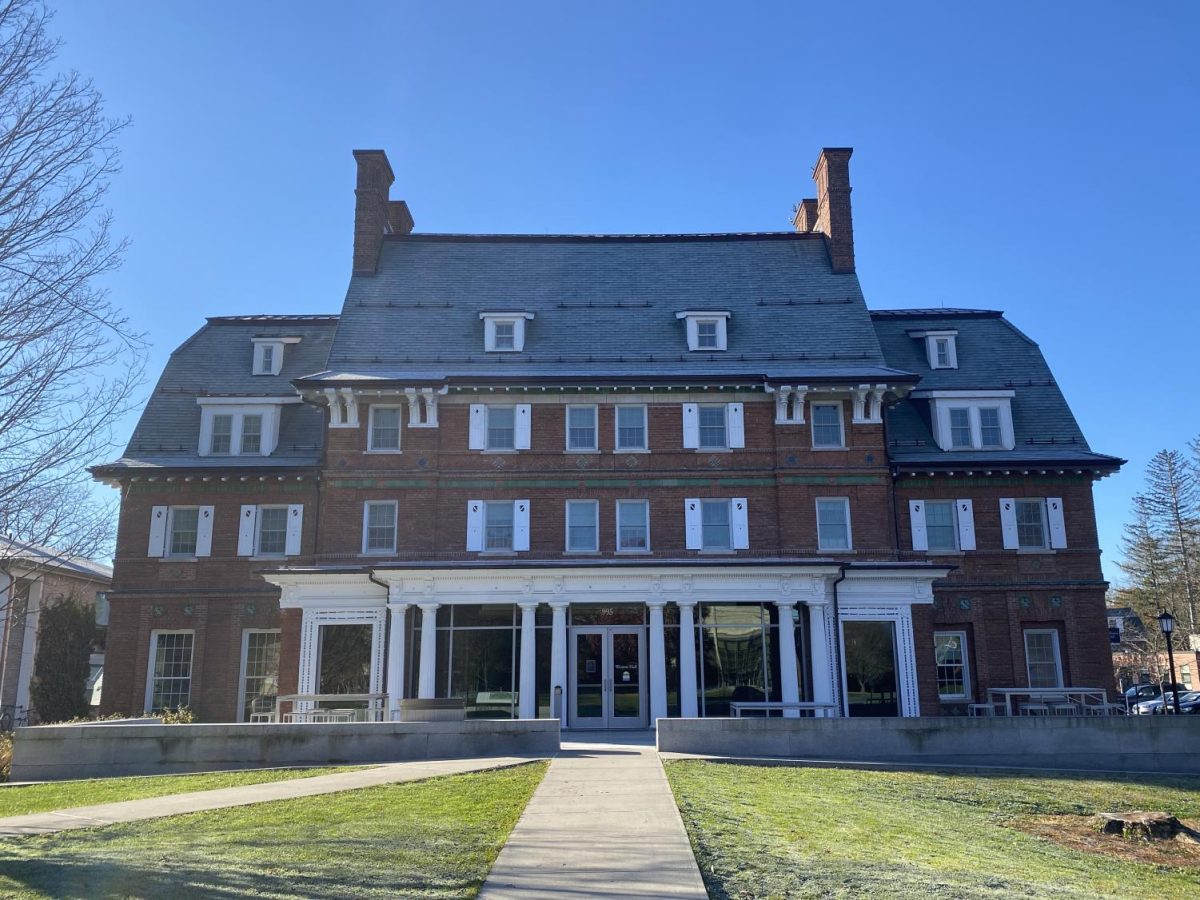Massachusetts’ lackluster vaccine rollout proves state government matters
February 17, 2021

Both Forbes and U.S. News & World Report rank Massachusetts second in the nation when it comes to our healthcare system, yet the Commonwealth lags behind several other states when it comes to the all-important task of vaccinating the public against COVID-19.
As of this writing, Massachusetts has given about 12.5 percent of its population at least a first dose of either of the two currently FDA-authorized vaccines. Compare that to Alaska’s 17.7 percent and New Mexico, West Virginia, and Connecticut, which are all hovering around 14 percent of their populations receiving a first dose. West Virginia and Alaska lead the nation in second doses, having already fully vaccinated more than 8 percent of their populations. Meanwhile, Massachusetts sits in the bottom half of the list, having given a second dose to just 4.1 percent of its population, leading to headlines like this: “Massachusetts gets F for vaccine rollout from Harvard Kennedy School professor.”
State-by-state disparities in vaccination can be seen within members of the Williams community as well. Grant Gattuso ’23 and Will Titus ’23 both worked as EMTs during the winter break, but Titus was eligible to be vaccinated beginning on Dec. 17 in New Jersey while Gattuso had to wait until Jan. 11 in Massachusetts.
A Facebook review written about the vaccination site in North Adams discusses the professionalism and kindness of the individuals administering vaccines and working at those locations. While the story is heartwarming in many ways, it is yet another example of the poor rollout in Massachusetts. It was written by someone who had to drive three hours and rent a car to get vaccinated. That should not be happening anywhere and certainly not in a state with the healthcare infrastructure of Massachusetts.
Massachusetts’ Republican Governor Charlie Baker’s argument for why he should be governor has always rested on his supposed management skills. Fairly popular among Bay State Democrats, the governor is a moderate Republican who sailed to re-election in 2018 by a greater margin than Senator Elizabeth Warren did in that same election. Baker garnered praise from residents for his initial response to the pandemic, but the vaccine rollout has been subpar at best.
A good manager should have realized that rolling out the vaccine to residents 75 years of age and older should not have been done without a phone number people could call to schedule their appointments., As it was, users were directed to a difficult-to-navigate website. A new, somewhat more centralized website has been launched, but its initial version was complicated. Trying to navigate it myself, I found that vaccination sites that had appointments available had neither a link to click on to schedule an appointment nor a phone number. Other vaccination sites did have a scheduling button but no available appointments.
Botched website rollout aside, the Baker administration has had trouble communicating its priorities and has taken a reactive, rather than proactive approach. It was not a bad idea to prioritize who should be first to get the vaccine — and the state deserves praise for some of its actions, like choosing to vaccinate incarcerated people in its first phase of vaccination —but the administration needed to take quicker steps when hundreds of thousands of doses sat unused.
Being a good manager is about knowing how to adjust and implement your plan, get input from local stakeholders, and get ahead of the problem. The governor has failed to do that, instead defending his rollout, even saying the infamous initial website could not be much more streamlined. Recently, Massachusetts changed its prioritized groups once again, this time allowing those accompanying a person 75+ to their vaccination appointment at one of the state’s mass vaccination sites to also get vaccinated then, a move that prompted some to take advantage of the system. I don’t question the intent of this move by the administration, but I must ask why this decision was made instead of opening up vaccinations to those 65 and older, teachers, and meatpackers, something several other states have already done.
The legislature doesn’t seem to be doing that great of a job either, with new Speaker of the House Ron Mariano saying in one of his first interviews as speaker that he has “no idea” about how the state’s vaccine rollout is going.
Not everything about the pandemic response and vaccine rollout in Massachusetts has been terrible. However, it could and should be much better in terms of communication, proactivity, equity, and execution, and it all points to something Bay Staters often overlook: state government and state and local elections. Despite having a reputation for its progressive federal delegation that includes the likes of Ayanna Pressley, Ed Markey, and Elizabeth Warren, Massachusetts’ state government in many ways remains a moderate continuation of the status quo. Progressive legislators do exist, but advances in important legislation come slowly and often with many concessions to a Republican governor who seems comfortable with the present state of affairs.
My ask of Massachusetts residents and Williams students is to invest a little more time and energy into researching candidates for state and local office, holding these elected officials accountable, and maybe even running for office ourselves. If we devote the same energy to our local politics as we do our national politics, we can have better government. In the case of a deadly pandemic, that means a government that can effectively execute a mass vaccination program. In that vein, do not forget about Charlie Baker’s mishandling of the coronavirus vaccine rollout if he chooses to run for a third term in 2022. We can and must do better.
Rwick Sarkar ’23.5 is from Winchester, Mass.








